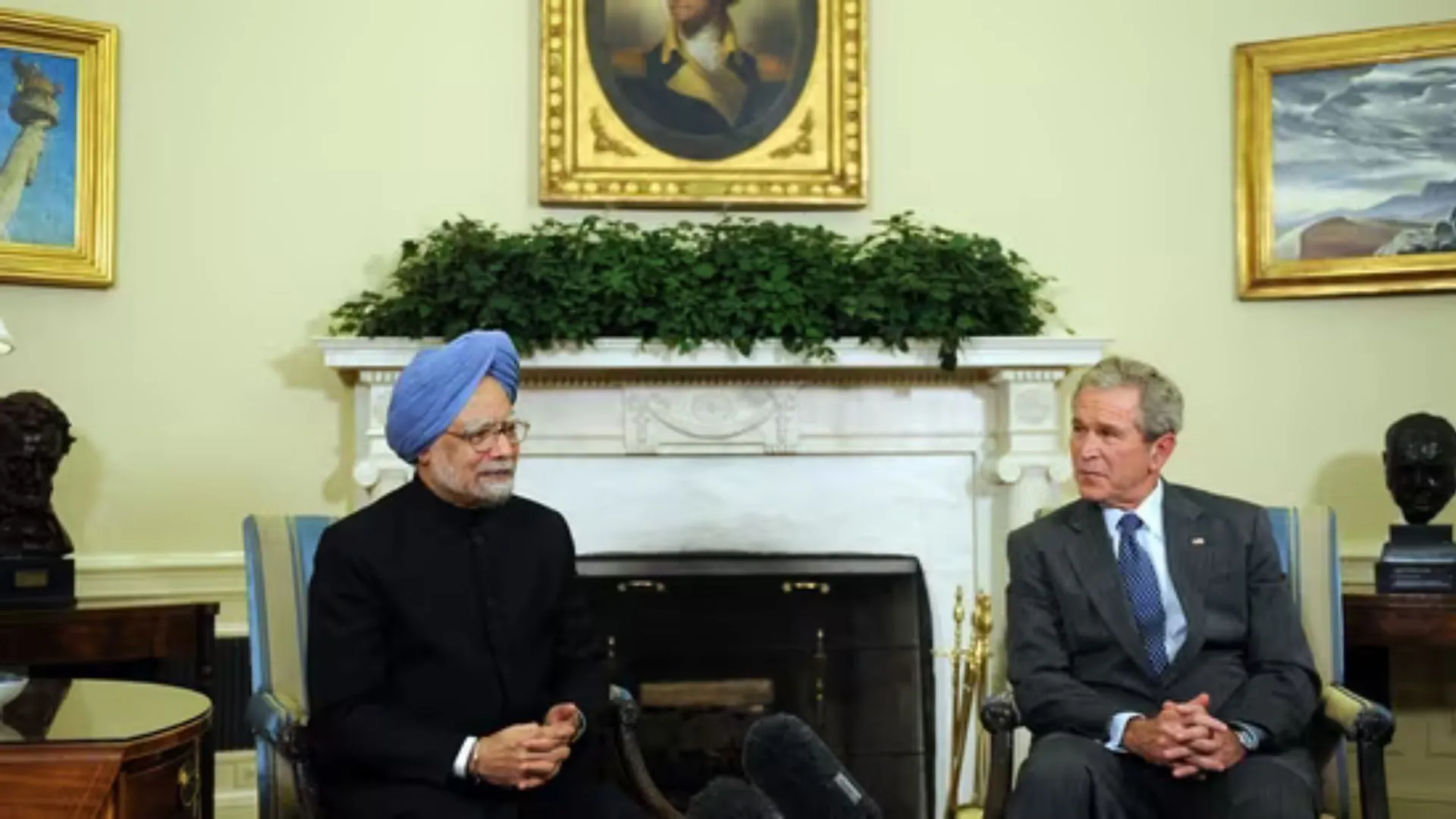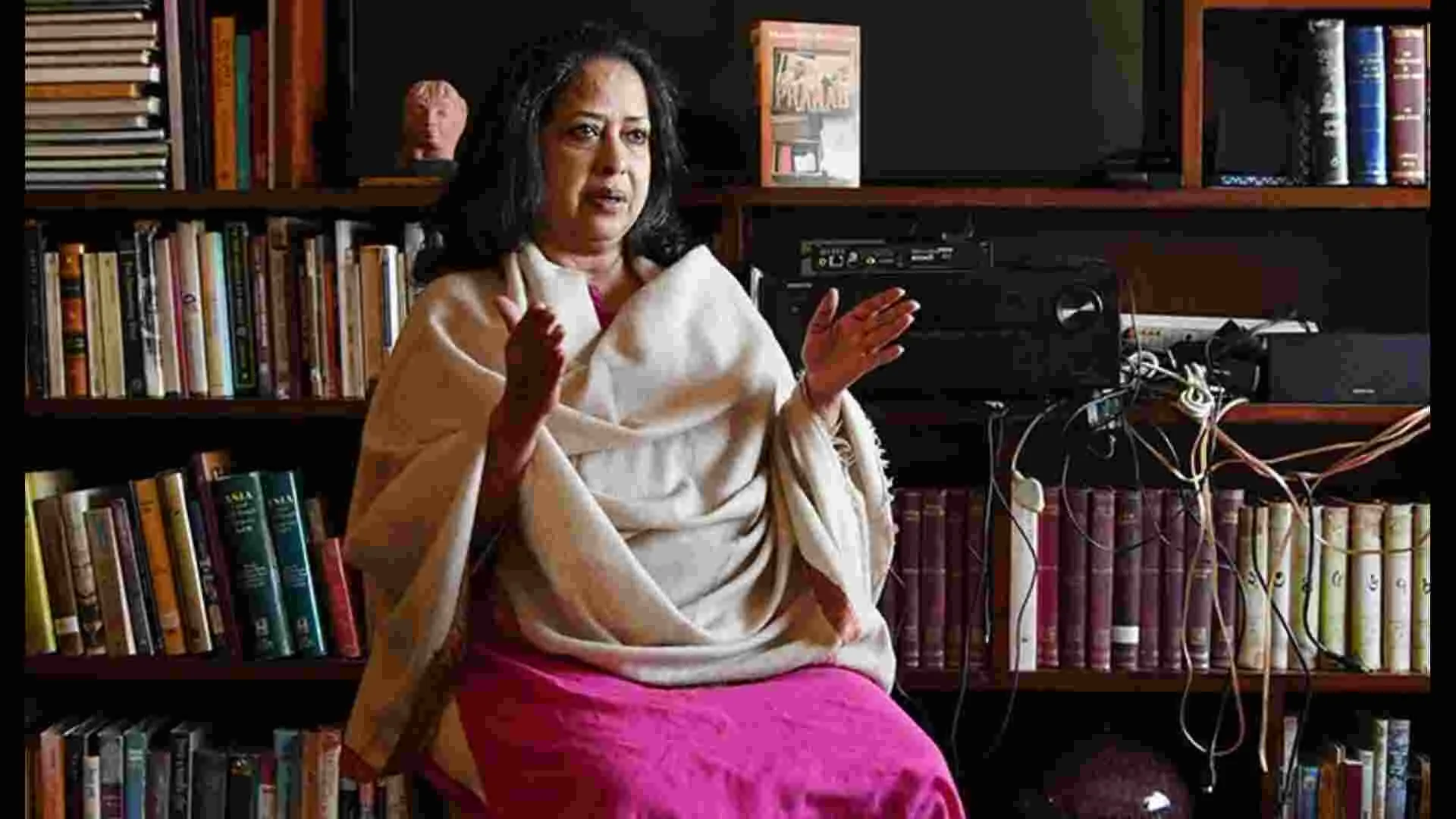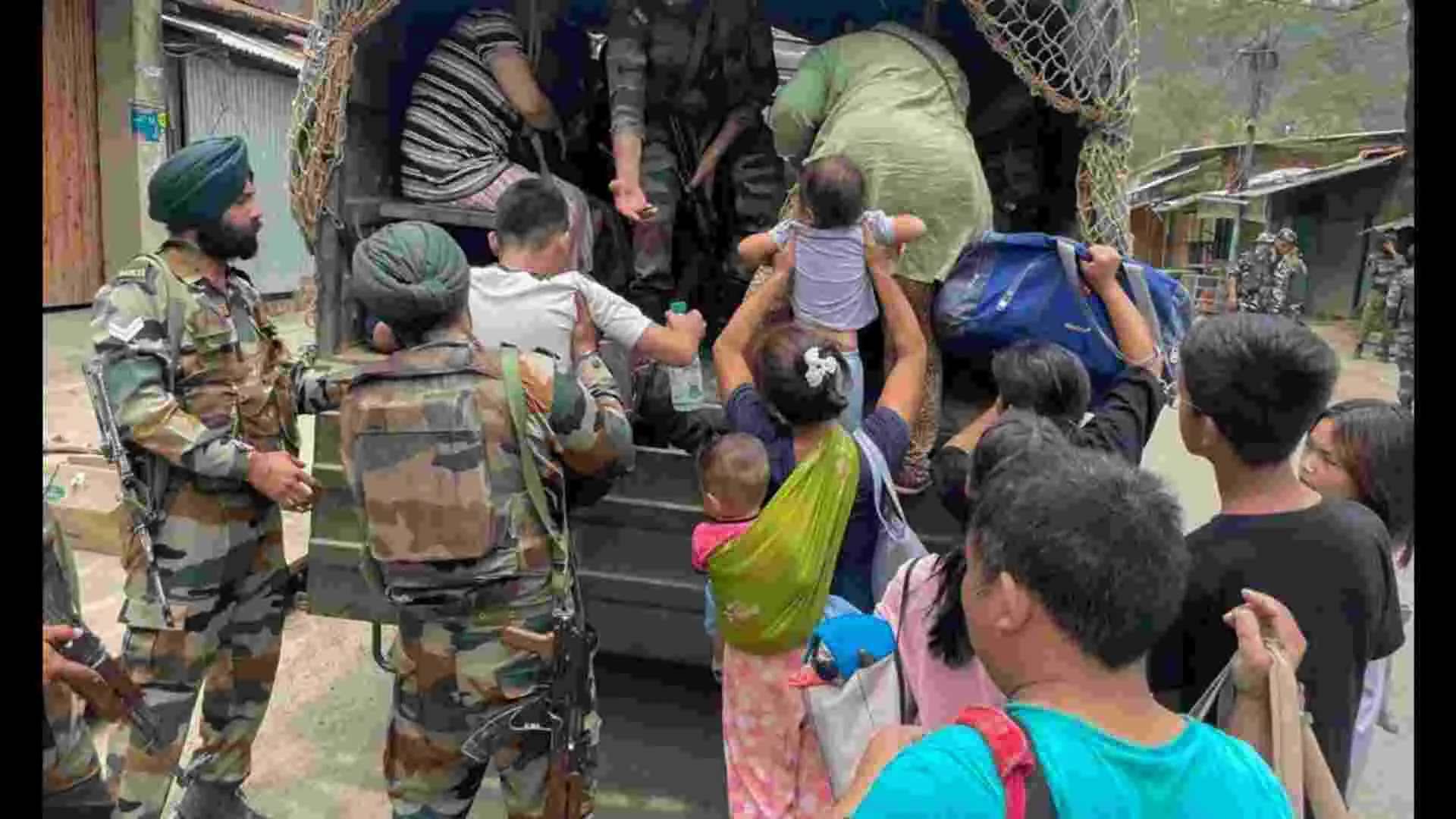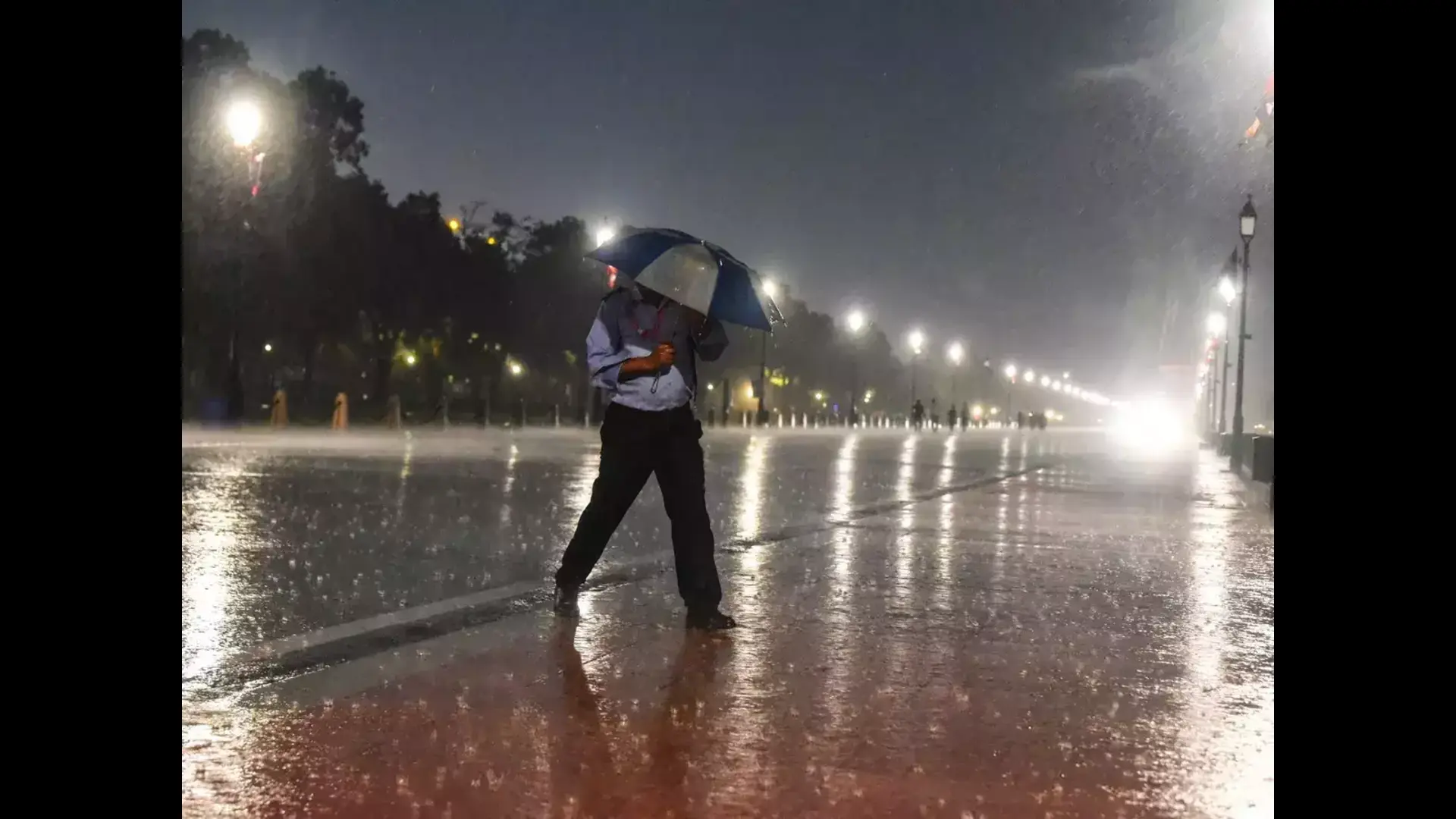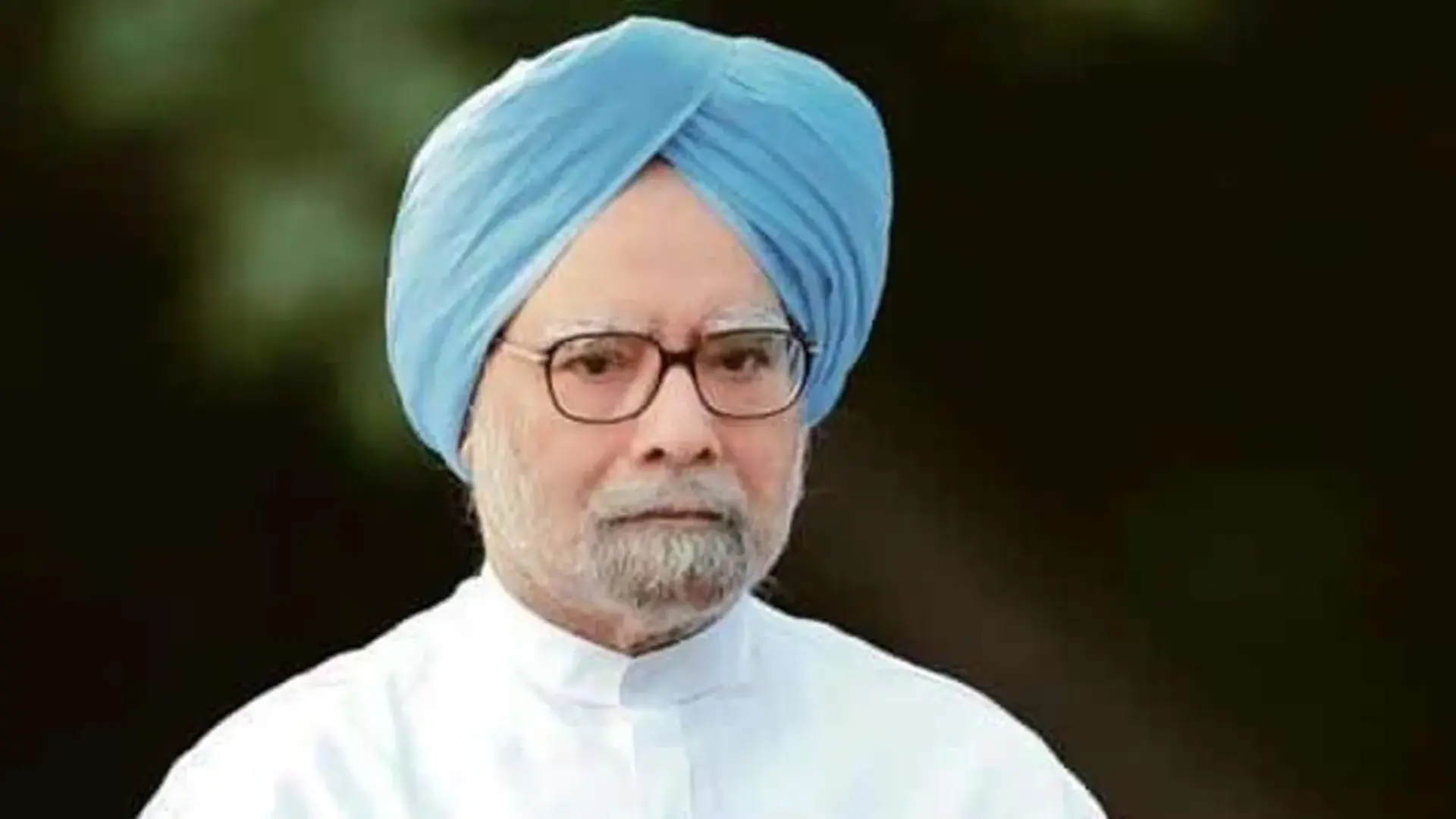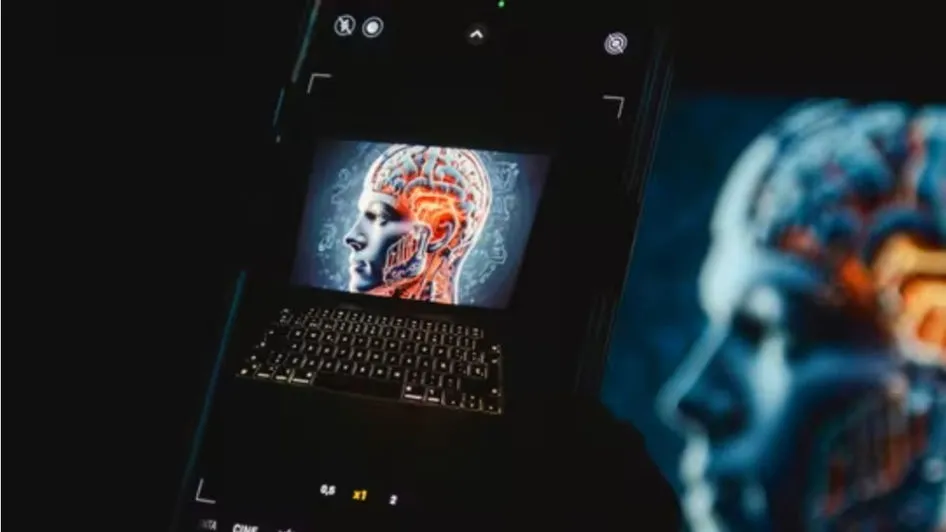During a meeting at the White House on September 25, 2008, then-Prime Minister Manmohan Singh expressed, “The people of India deeply love you,” in reference to then-U.S. President George W. Bush. This statement was made during a 40-minute discussion where Singh praised Bush for his “important and historic” role in fostering bilateral relations, particularly regarding the landmark Indo-U.S. civil nuclear deal.
While the weather outside was cloudy and rainy, the atmosphere inside the White House was warm during the eight-minute press interaction between the two leaders, who exchanged compliments and demonstrated a sense of camaraderie. However, Singh’s enthusiastic praise sparked controversy, especially given the political climate in India at the time.
Political Backlash and Criticism
Singh’s remarks faced backlash from various political factions, particularly the Left, which had withdrawn support from the UPA-1 government over the nuclear deal, and the Bharatiya Janata Party (BJP). The Congress party, which celebrated the Indo-U.S. nuclear deal as a significant achievement for India, found itself on the defensive.
At the press conference, Singh stated, “The people of India deeply love you, and all that you have done to bring our two countries closer to each other is something history will…” This sentiment was met with skepticism from political opponents. CPI-M General Secretary Prakash Karat quipped, “We always knew that PM Manmohan Singh is in love with President Bush. Why is he getting the people of India in between?”
BJP spokesperson Ravi Shankar Prasad echoed similar sentiments, stating, “All I can say is that the personal adulation of PM Manmohan Singh cannot become India’s adulation.”
Congress Attempts to Defend Singh’s Statement
Congress media cell chairperson Veerappa Moily struggled to defend Singh’s remarks, explaining that the statement reflected India’s “tolerant and accommodating” attitude. He argued, “India has never practiced a hate culture—there’s nothing wrong with the PM saying that.”
Bush, who shared a close rapport with Singh, expressed appreciation for the Prime Minister’s friendship and leadership during their meeting. He acknowledged the efforts involved in the civil nuclear deal, stating, “It has taken a lot of work on both our parts, a lot of courage on your part.”
Reflecting on the significance of the Indo-U.S. nuclear deal, Singh emphasized the historical importance of Bush’s role in transforming India-U.S. relations, stating, “For 34 years, India has suffered from a nuclear apartheid… a great deal of credit will go to President Bush.”
In a subsequent visit to India in 2009, Bush praised Singh again, calling him a “wise leader” and acknowledging his contributions to India’s economic liberalization process in 1991, which he identified as a key event in transforming Indo-U.S. relations.

